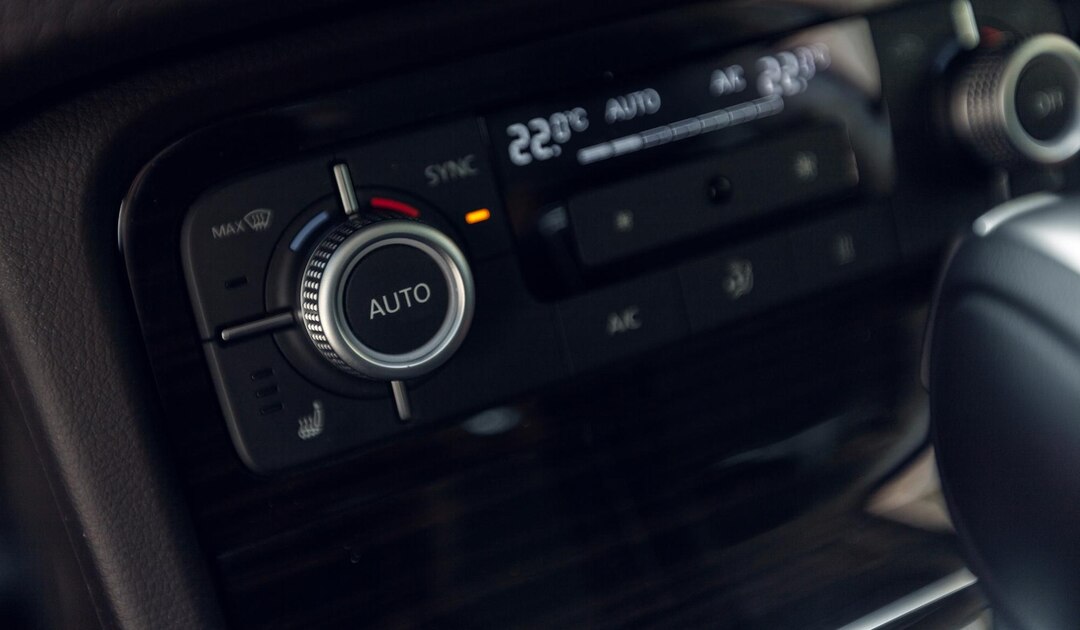As temperatures rise, the comfort of a cool car interior becomes essential for enjoyable journeys, especially during hot summer months. Car air conditioning systems have come a long way since their inception, offering various options to suit different vehicles and preferences. Understanding the different types of car air conditioning systems can help you make informed choices when it comes to maintaining or upgrading your vehicle’s cooling capabilities. Here’s a comprehensive guide to the various types of car air conditioning systems you must know about:
1. Conventional Air Conditioning Systems:
- Conventional car air conditioning systems use a compressor, condenser, expansion valve, and evaporator to cool and dehumidify air before circulating it into the cabin. These systems rely on a refrigerant, typically R134a or R1234yf, to transfer heat from the cabin to the outside environment.
2. Automatic Climate Control Systems:
- Automatic climate control systems offer enhanced comfort and convenience by automatically regulating the temperature, airflow, and humidity inside the car. These systems use sensors to detect the ambient temperature and adjust the settings accordingly, providing a consistent and comfortable climate for passengers.
3. Dual-Zone Climate Control Systems:
- Dual-zone climate control systems allow the driver and front passenger to set individual temperature preferences for their respective zones within the car. This feature is particularly useful for accommodating different comfort levels and preferences, ensuring everyone stays comfortable during the journey.
4. Multi-Zone Climate Control Systems:
- Multi-zone climate control systems extend the concept of dual-zone climate control to include additional zones within the car, such as rear passenger areas or third-row seating. This allows passengers in different areas of the vehicle to customize their climate settings for optimal comfort.
5. Electric Vehicle (EV) Air Conditioning Systems:
- Electric vehicles often feature advanced air conditioning systems designed to maximize energy efficiency and minimize battery drain. These systems may incorporate heat pump technology, regenerative cooling, and cabin preconditioning features to optimize performance and range.
6. Solar-Powered Air Conditioning Systems:
- Some car manufacturers offer solar-powered air conditioning systems that harness energy from the sun to help cool the interior of the vehicle. These systems typically incorporate solar panels integrated into the roof or windows, providing supplemental power to the air conditioning system and reducing reliance on the vehicle’s battery.
7. Hybrid Air Conditioning Systems:
- Hybrid vehicles may feature hybrid air conditioning systems that combine conventional compressor-based cooling with electrically driven components. These systems optimize energy efficiency by utilizing both engine power and electric power to cool the cabin, particularly when the engine is not running.
8. Rear-Seat Air Conditioning Systems:
- Larger vehicles, such as SUVs, vans, and minivans, may offer rear-seat air conditioning systems to provide additional comfort for rear passengers. These systems may include separate controls, vents, and fan speeds to allow rear passengers to customize their climate settings independently.
9. Ventilated Seats and Cooling Features:
- Some luxury vehicles offer ventilated seats with built-in fans or air channels to help circulate air and keep occupants cool during hot weather. Additionally, certain vehicles may feature cooling functions for storage compartments, cup holders, or glove boxes to help maintain lower temperatures for perishable items or beverages.
10. Maintenance and Servicing Considerations:
- Regardless of the type of air conditioning system in your car, regular maintenance and servicing are essential to ensure optimal performance and longevity. This includes periodic inspections, refrigerant recharge, filter replacement, and cleaning of components to prevent mold, mildew, or bacteria buildup.
Understanding the different types of car air conditioning systems can help you choose the right system for your vehicle and ensure that you stay cool and comfortable on the road, no matter the weather conditions. Whether you prefer the convenience of automatic climate control or the efficiency of hybrid technology, there’s a car air conditioning system to suit every need and preference. So sit back, relax, and enjoy the cool breeze as you embark on your next journey with confidence and comfort.











